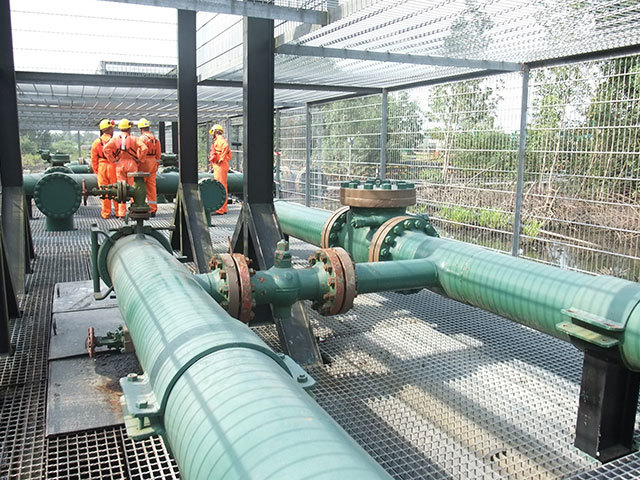
Economic growth in Nigeria, Africa’s biggest crude producer, is projected to slow to 5.5% this year after oil prices plunged, the statistics office said.
Gross domestic product growth is set to decelerate from an estimated 6.2% last year, the National Bureau of Statistics said in a report on its website.
The economy is forecast to expand 5.8% in 2016 and 5.8% in 2017.
“The decline in crude oil prices is a downside to the economy in both the short and medium term,” the agency said. “
The crude oil price shocks, the resulting declining government expenditure and its multiplier effects are likely to impact businesses.”
Oil prices have plunged more than 50% since June, curbing export revenue in Africa’s biggest economy, forcing the government to cut back on spending and prompting the central bank to devalue the naira as foreign-currency reserves slumped.
The weaker currency will probably boost inflation to an average 8.8% in 2015 from 8.1% in 2014, the agency said.
It’s set to reach an average of 8.1% in 2016 and 7.5% in 2017.
The naira has slumped 13% against the dollar on the interbank market in the past three months, the most among 24 African countries tracked. It was little changed at 189.43 per dollar as of 8:08 a.m. in Lagos.
Nigerian Finance Minister Ngozi Okonjo-Iweala last month proposed cutting this year’s budget by 8% and reduced its benchmark oil price to $65 a barrel from last year’s $77.50 a barrel in the face of tumbling crude prices.
Lawmakers are considering the proposals ahead of presidential elections on February 14.
For more oil and gas news click here.